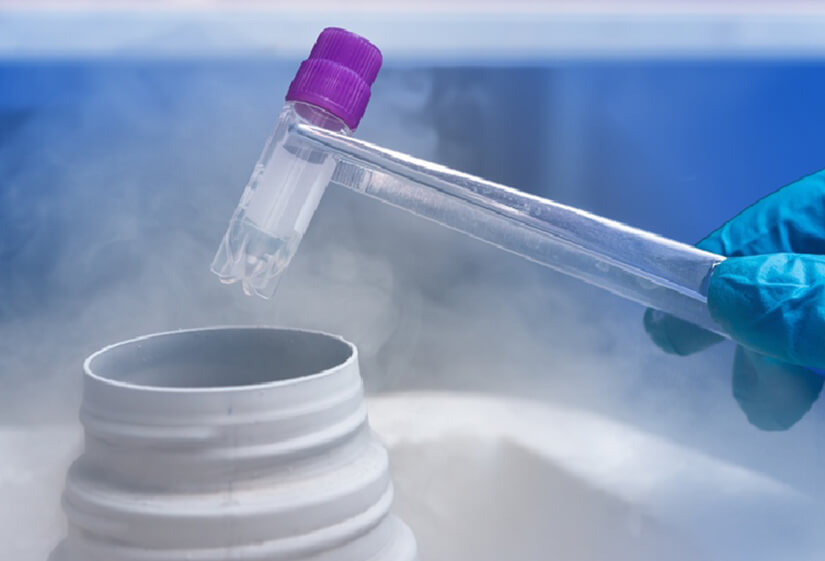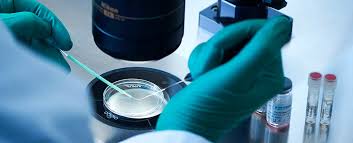Introduction
In recent years, reproductive technologies have become increasingly sophisticated, offering various options for individuals and couples looking to preserve their fertility. Two popular methods are egg freezing and embryo freezing. Understanding the differences between these techniques can help you make an informed decision about which method best suits your needs and circumstances.
Egg Freezing: An Overview

Egg freezing, or oocyte cryopreservation, involves retrieving eggs from a woman’s ovaries, which are then frozen and stored for future use. This method allows women to delay childbearing while maintaining the potential to conceive later.
Pros:
- Flexibility: You retain the option to use the eggs at a later time, and you can choose a partner or donor at that point.
- Autonomy: This method is ideal for women who are not ready to conceive yet but want to preserve their fertility for future use.
Cons:
- Lower Success Rates: The success of egg freezing depends on the number and quality of eggs retrieved. Not all frozen eggs will result in a successful pregnancy.
- Cost: Egg freezing can be expensive, and multiple cycles might be needed to retrieve enough viable eggs.
Embryo Freezing: An Overview

Embryo freezing involves fertilizing retrieved eggs with sperm to create embryos, which are then frozen for future use. This method is often chosen by couples who are ready to start a family but want to preserve embryos for later.
Pros:
- Higher Success Rates: Embryos generally have higher survival rates and better chances of successful implantation compared to frozen eggs.
- Preparation: This method allows for the immediate availability of embryos for implantation when you’re ready to conceive.
Cons:
- Less Flexibility: Embryos are typically frozen with a specific partner’s sperm, which can limit options if your relationship status changes.
- Ethical and Emotional Considerations: Decisions about unused embryos can be complex, especially if the relationship ends or if you choose not to use them in the future.
Factors to Consider
1. Your Personal Goals: Consider your future plans and relationship status. If you want to preserve fertility without committing to a specific partner, egg freezing might be the better option. If you’re already in a stable relationship and plan to have children later, embryo freezing could be more appropriate.
2. Age and Health: Younger women with good ovarian reserve may have better success with egg freezing. Conversely, if you are close to or over 35, embryo freezing might offer better success rates due to the higher viability of embryos compared to eggs.
3. Financial and Emotional Investment: Both methods involve financial costs and emotional considerations. Egg freezing requires a significant investment in terms of multiple retrieval cycles, while embryo freezing involves the additional step of fertilization.
4. Future Plans: Consider how your future plans might impact your choice. If you’re unsure about your future relationship or desire to conceive, egg freezing offers more flexibility. If you are certain about your partner and your plans to use the embryos, embryo freezing can be a more straightforward option.
Also Read: Is Egg Freezing a Good Option? How to Decide If It’s Right for Your Future
Conclusion
Choosing between egg freezing and embryo freezing depends on your unique circumstances and long-term goals. Consulting with a fertility specialist can provide valuable insights tailored to your situation, helping you weigh the benefits and drawbacks of each method.
Ultimately, both egg freezing and embryo freezing offer valuable opportunities for preserving fertility, each with its own set of advantages and challenges. By understanding these options and considering your personal needs, you can make an informed choice that aligns with your future aspirations.
